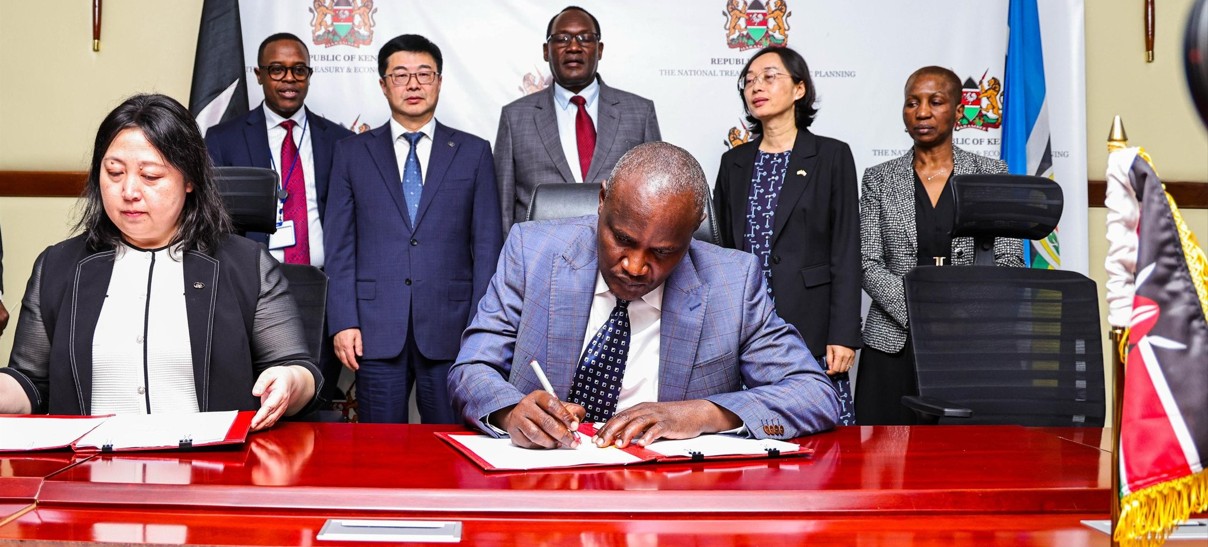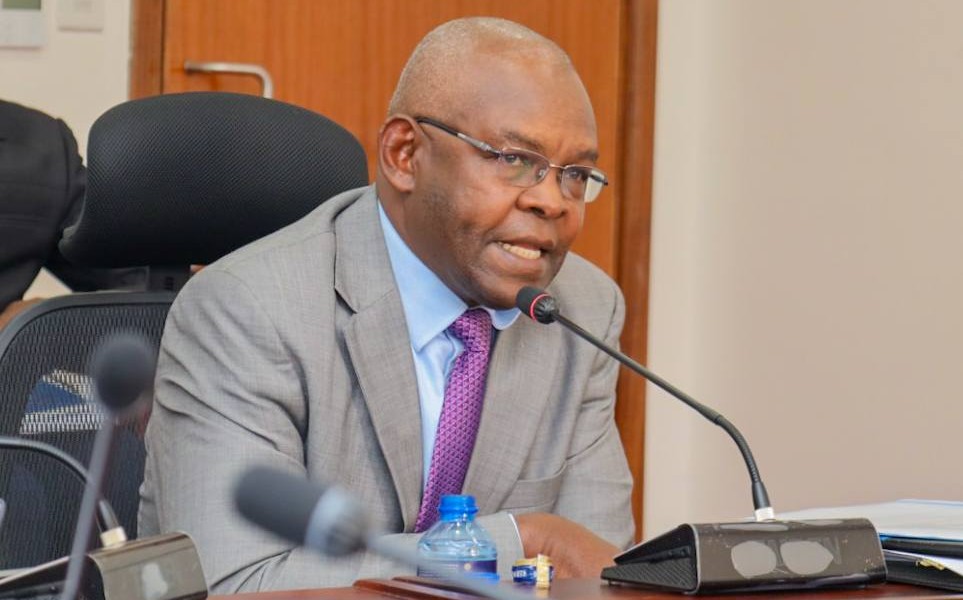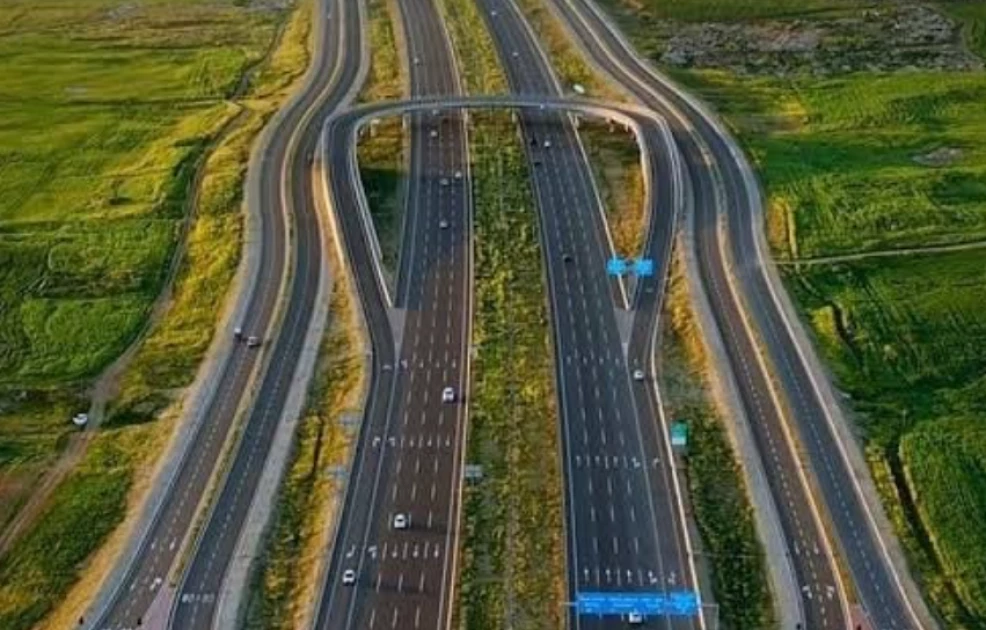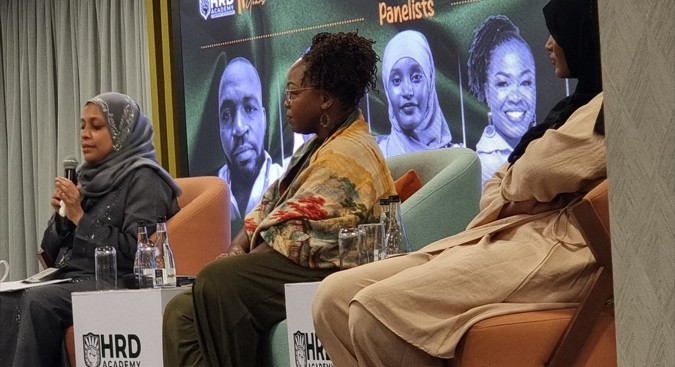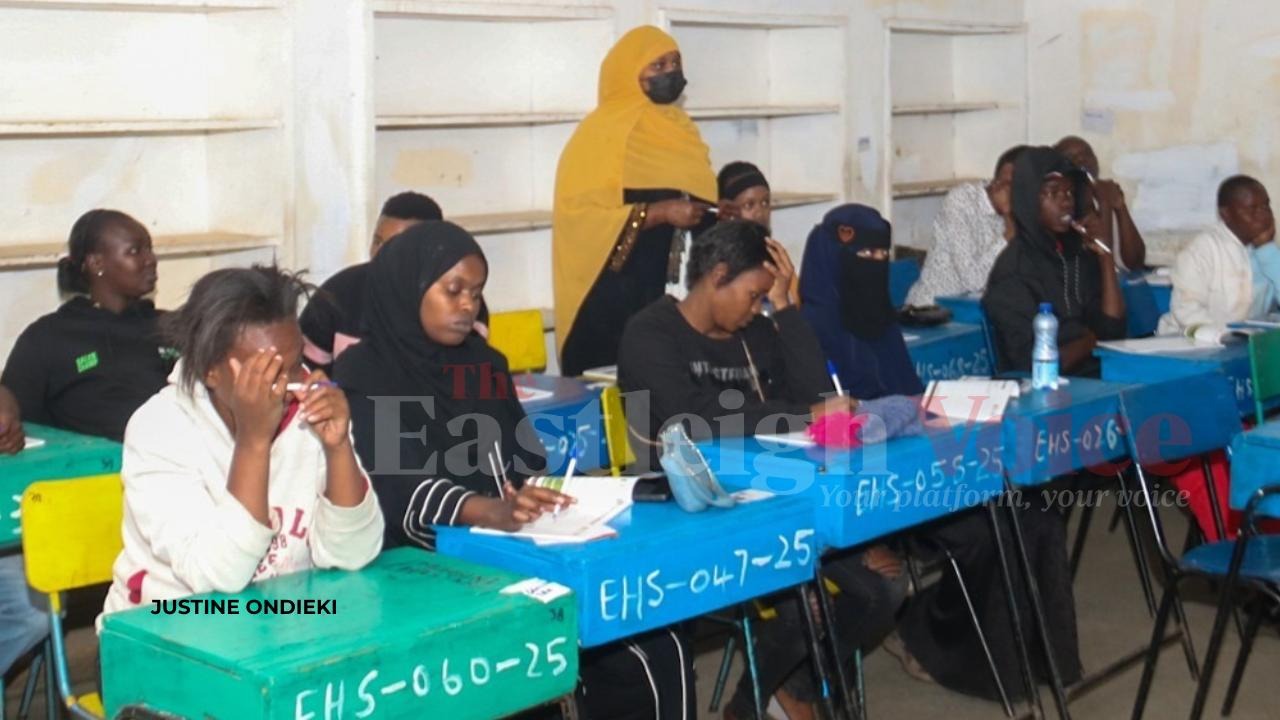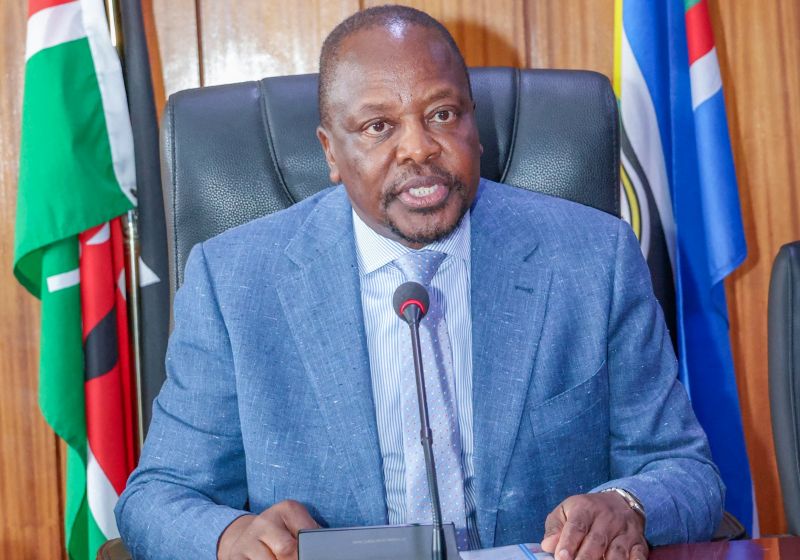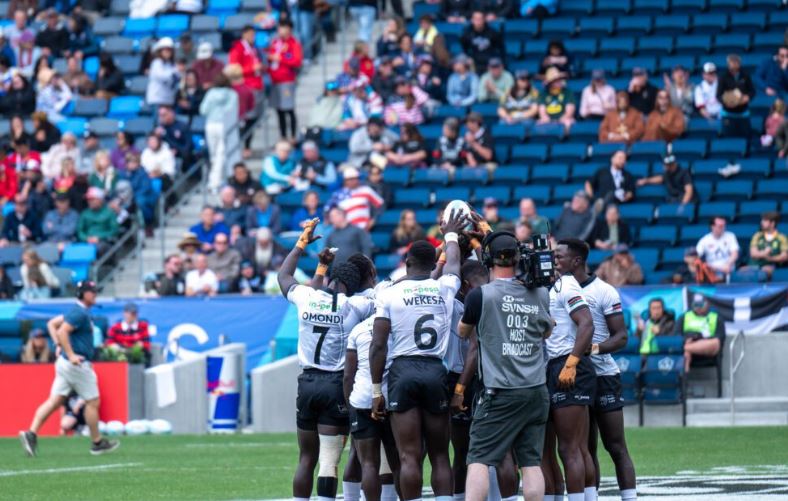Guinea-Bissau military seizes power, suspends elections after disputed vote
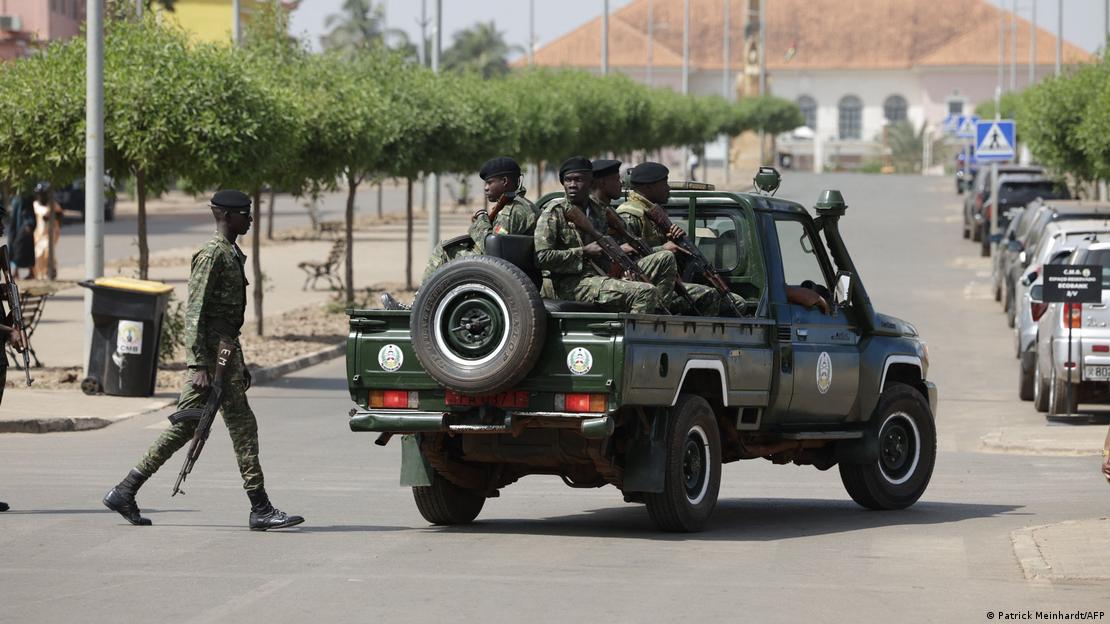
The move comes amid reports of heavy gunfire in the capital and the arrest of President Umaro Sissoco Embaló and top government officials.
The military in Guinea-Bissau has taken control of the country, suspending elections and imposing a curfew just days after a contested presidential vote.
The move comes amid reports of heavy gunfire in the capital and the arrest of President Umaro Sissoco Embaló and top government officials.
More To Read
- Guinea-Bissau opposition leader Fernando Dias declares victory in presidential race
- Voters head to polls in Guinea-Bissau after opposition party excluded
- Guinea-Bissau president to run as an independent candidate in November election
- Guinea-Bissau’s political crisis: a nation on the brink of authoritarianism
- Guinea-Bissau President Embalo to run for second term, backtracking on vow to step down
- ECOWAS mission leaves Guinea-Bissau after President Embalo threatens its expulsion
In a statement broadcast on state television from the armed forces headquarters in Bissau, Army spokesperson Dinis N’Tchama said the military had assumed control through a newly formed command, citing threats to national security and alleged attempts to manipulate election results.
“The decision follows the discovery of a destabilisation plan involving certain national politicians, drug lords and attempts to influence the outcome of the elections,” N’Tchama said.
He added that a cache of military-grade weapons had been seized by the State Information Service.
The military has now formed “the High Military Command for the Restoration of National Security and Public Order,” which will rule until further notice. It also imposed a curfew from 9:00 pm to 6:00 am, ordered the closure of state institutions, suspended media operations and shut all land, sea and air borders.
Heavy gunfire was reported on Wednesday around midday near the presidential palace, the interior ministry and the electoral commission offices, though the shots reportedly subsided after about an hour.
President Embaló told French outlet Jeune Afrique that he was arrested around noon in his office alongside the Chief of General Staff, his deputy and Interior Minister Botche Cande.
“No violence was used against me,” Embaló said, describing the incident as a “coup” led by the commander of the land forces.
Opposition candidate Fernando Dias da Costa, who claims victory in the November 23 election, urged the military to remain neutral.
“We are not asking for anything. We will wait for the official results to be announced,” he said in a video shared on social media, urging the public to remain calm.
A spokesperson for Embaló had earlier accused gunmen linked to Dias of firing shots near key government offices. An ally of Dias countered, claiming Embaló may have staged the unrest to justify retaining power. However, neither side produced evidence to support their assertions.
The electoral commission had planned to release provisional presidential and parliamentary results on Thursday, but the announcement is now on hold.
Guinea-Bissau has a long history of political instability, with at least nine coups since independence from Portugal in 1974. Embaló survived three alleged coup attempts during his first term, though critics have suggested some were fabricated to justify cracking down on opposition forces.
The country has not had a fully functioning legislature since December 2023, when gunfire in Bissau prompted Embaló to dissolve parliament.
The West African nation of 2.2 million people faces deep economic challenges, with an average annual income of $963 in 2024, according to the World Bank. It has also been described by the UN as a “narco state” since 2008 due to its role as a transit hub for cocaine trafficking, facilitated by its many river deltas and the 88 islands of the Bijagós archipelago.
Top Stories Today




